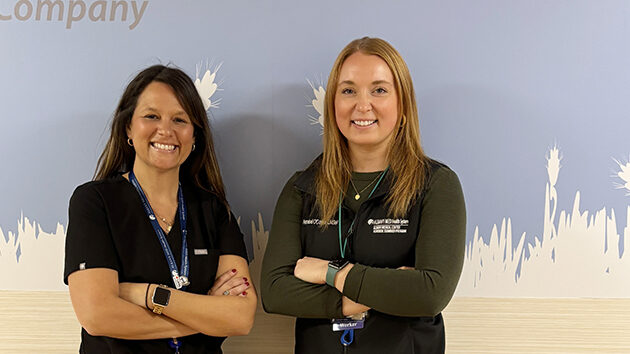Growing Forensics Program Cares for Vulnerable Patients

In 2023, forensic examiners at Albany Medical Center’s Emergency Department performed more than 600 exams, and that number is expected to increase this year as 562 patients were already seen by the end of August 2024.
These medical professionals have specialized training to provide comprehensive, compassionate care to victims of violence—including sexual assault, interpersonal violence, elder abuse, strangulation, workplace violence, and human trafficking.
Albany Medical Center is a New York State Department of Health SAFE Designated Hospital, recognized by the International Association of Forensic Nurses. Sexual Assault Forensic Examiners (SAFEs) are specially trained and certified professionals skilled in performing quality forensic medical-legal exams. Glens Falls Hospital and Saratoga Hospital Emergency Departments also have SAFE-trained staff available to provide forensic examinations.
“It is difficult to hear some of the patients’ histories during their examination—it’s heartening to be able to provide such a program to the Capital Region and beyond,” said Kaylin Dawson, RN, SAFE program manager.
“When patients leave here, they feel supported, they know they have someone at the hospital who is here for them,” she added.
Now, with partial funding by a grant from the Hearst Foundations aimed at the pediatric population, a forensics social worker has joined the medical team to provide emotional support and case management. Annabel O’Connor, LMSW, works with adults and children, planning for discharge and next steps, but also continuing to connect.
“It is important to follow up with the patients and make sure they are remembering to do the things they need to do to care for themselves,” said O’Connor, who serves as a liaison to resources available within the community for long-term support. “Creating a plan can help ensure they are getting the appropriate resources, but it’s also important to see if they are following up with the right providers, getting to appointments, and connecting to resources within the community. It is critical to make sure they’re supported for the long term and have access to mental health resources after such traumatic events.”